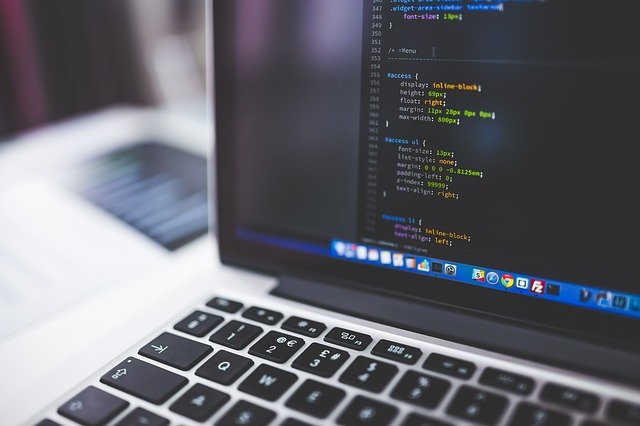
Will an hour of code games per week help your child with their computational thinking and computational fluency? Probably not, but it couldn’t hurt. Unless you are still working down the mines and listening to radio shows, then you are probably well versed in computational thinking a computational fluency, even though you were never taught these things conventionally. Your kids will be fine with these elements of their life. Some will excel, others will be fine, and most will do quite well. It is the age we live in. This article considers the impact of coding apps on children.
It’s All Positive
Would it be unfair to say that coding apps have a positive impact on kids? Perhaps not on the surface, but if you think about it, are there any negative downsides to apps that teach coding? One can think of down sides to gaming apps, such as those that use lootbox gambling, or addictive games that soak up your kid’s free time. But, can you say the same about coding apps?
<iframe width=”560″ height=”315″ src=”https://www.youtube.com/embed/g1J4181W8ss” title=”YouTube video player” frameborder=”0″ allow=”accelerometer; autoplay; clipboard-write; encrypted-media; gyroscope; picture-in-picture” allowfullscreen></iframe>
Is This Positivity Universal?
It may not be universal, there are always going to be nasty people out there who release nasty apps that harm kids, and there has probably been a coding-learning app or two that has fallen under their nefarious umbrella. But it isn’t a big problem because there are far more lucrative apps that underhand companies can use to exploit kids. Any sort of addictive game can convince kids to buy micro transactions or turn their phones into crypto miners. Yet, taking all the time to make a nefarious app just to target the minority of kids who want to learn coding, it seems like more effort than it is worth. For the most part, all types of coding app have something positive to offer, even if it is only that they encourage computational thinking in children.
The universal positivity is not limited to just coding apps. There are apps where you undertake an RPG adventure, and you fight off your enemies using the Japanese symbols you learn. This helps kids to learn Japanese writing, and it is another example of how a learning app has only upsides (positive elements with no downsides).
Do Coding Apps Make Kids Better Coders?
In almost every case, yes, coding apps make kids better coders in general. Even if the coding games are a little old fashioned and are teaching old code, the kids are still getting a strong foundation in how programming works. They are developing the sort of mindset that makes them better coders in the long run. The skills and/or coding language may only be slightly transferable, but the mindset is fully transferable from one coding language/platform to another.
Are More Kids Taking Up Coding?
Yes, more kids are becoming coders, which is why coding apps are doing so well. Yet, coding apps are not to blame for this upsurge in coding youth. Coding apps are a symptom of its popularity and are in turn helping children to develop their computational thinking and fluency.
It is actually the emergence of games like Roblox and Minecraft that are driving kids into the world of coding. They are building things to use in games and are even learning how to make their own games. One may consider it a waste of time that a child spends tens of hours to make an AK-47 block gun in Minecraft. Yet, the same has been said of kids for generations. From the kids wasting hours with their Spirograph or Etch-a-Sketch, the modern kids who are being told off for playing too many video games. At least while kids are using coding apps, they are improving their computational thinking and fluency.
Hey welcome to my blog . I am a modern women who love to share any tips on lifestyle, health, travel. Hope you join me in this journey!

Speak Your Mind